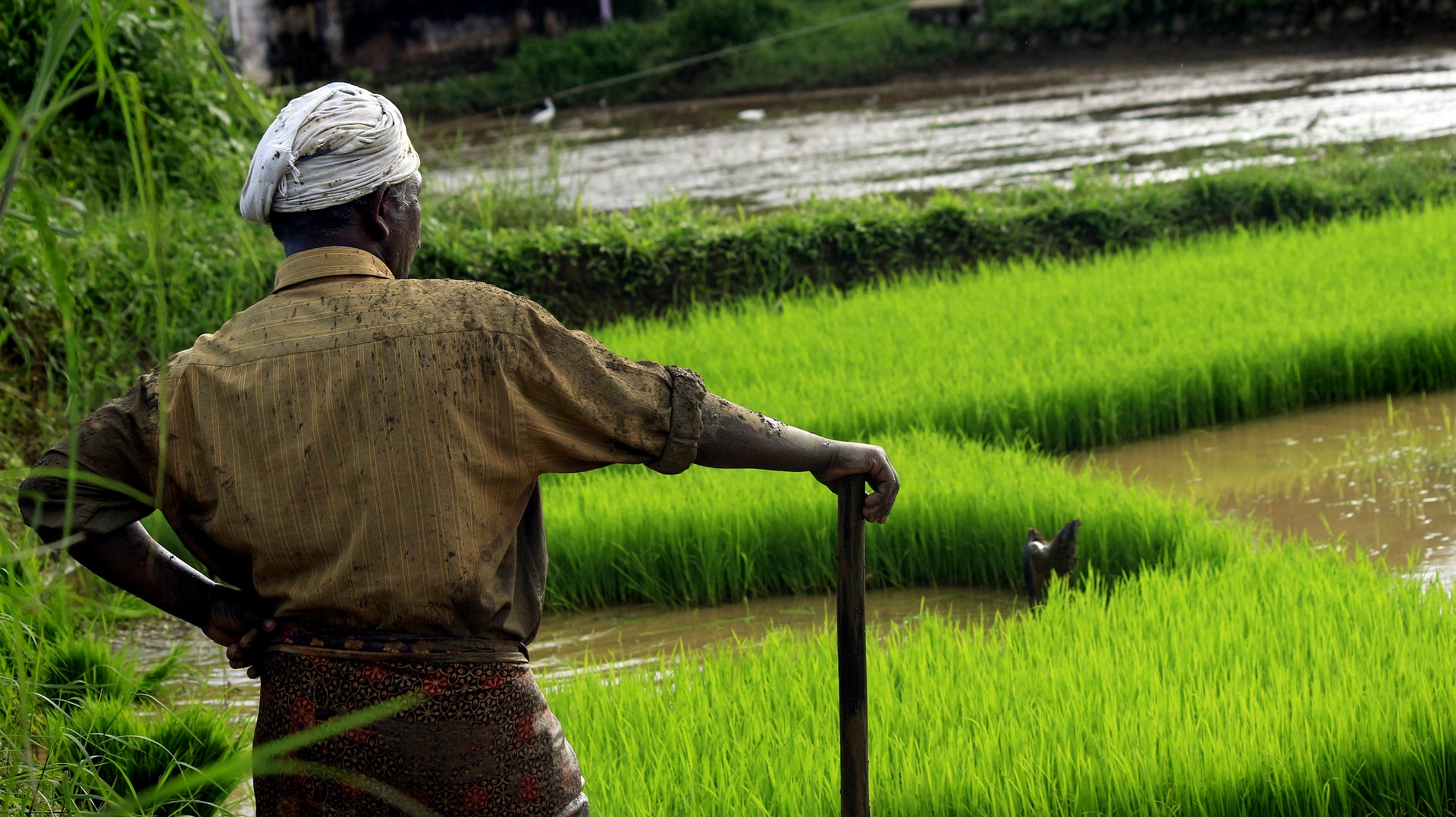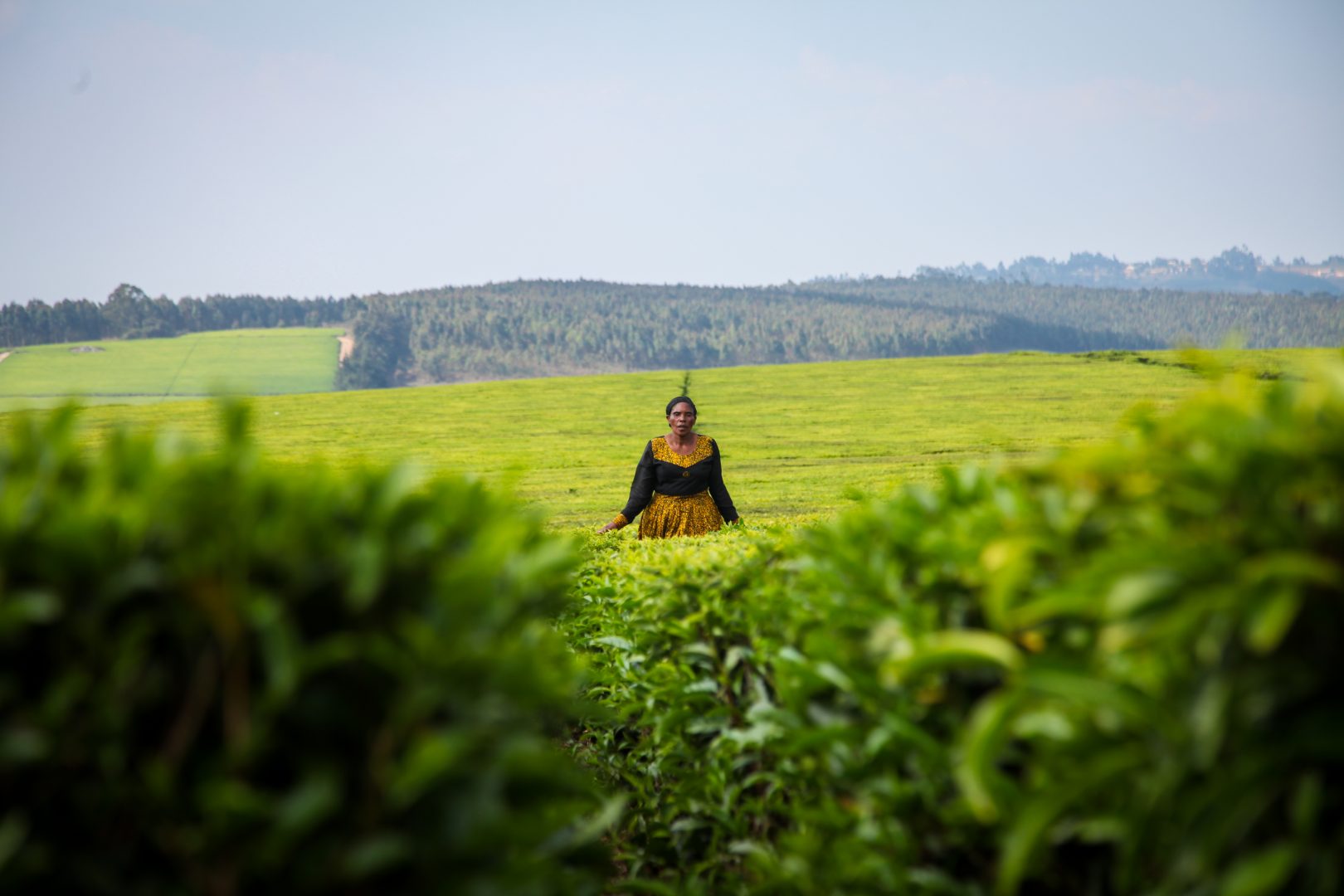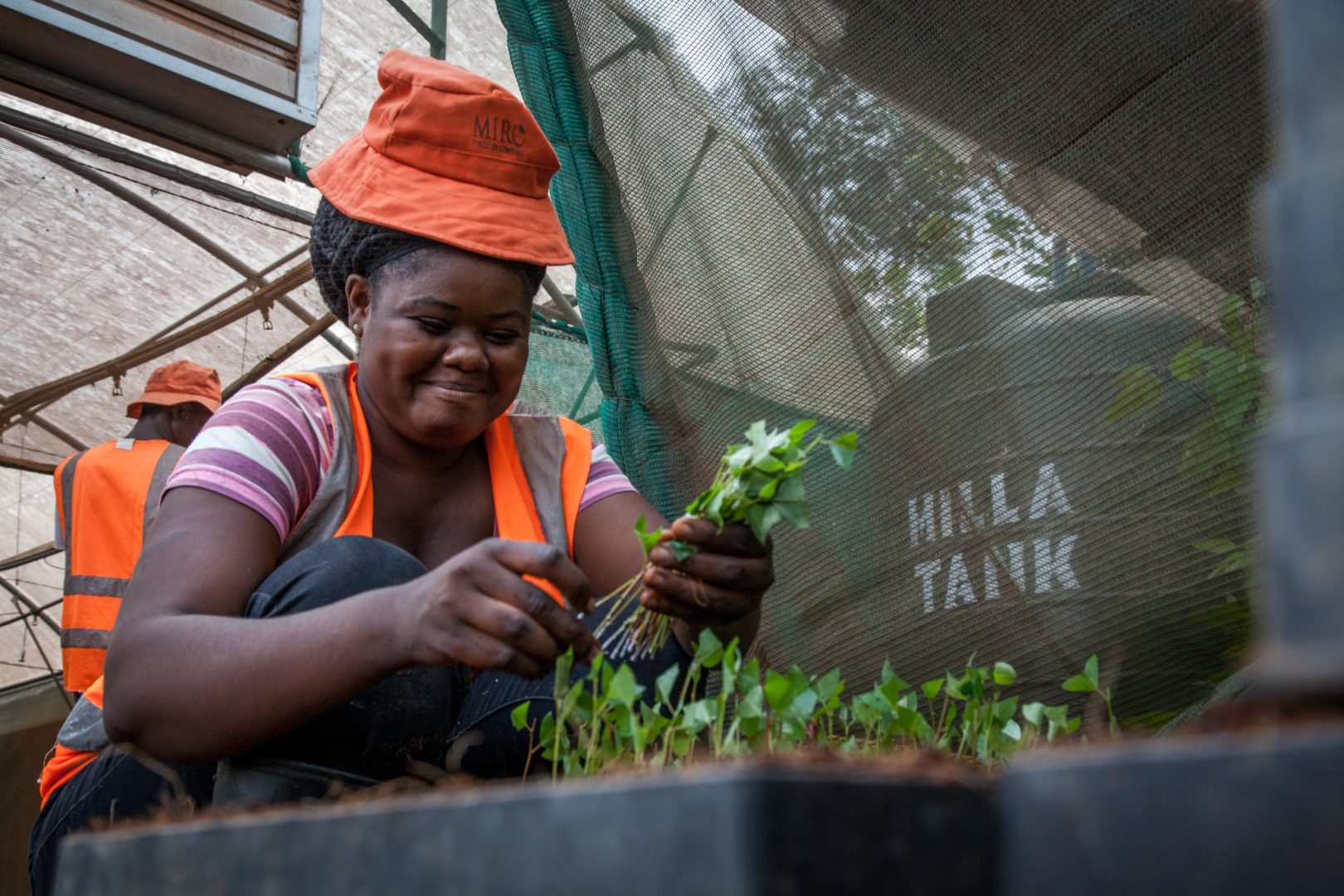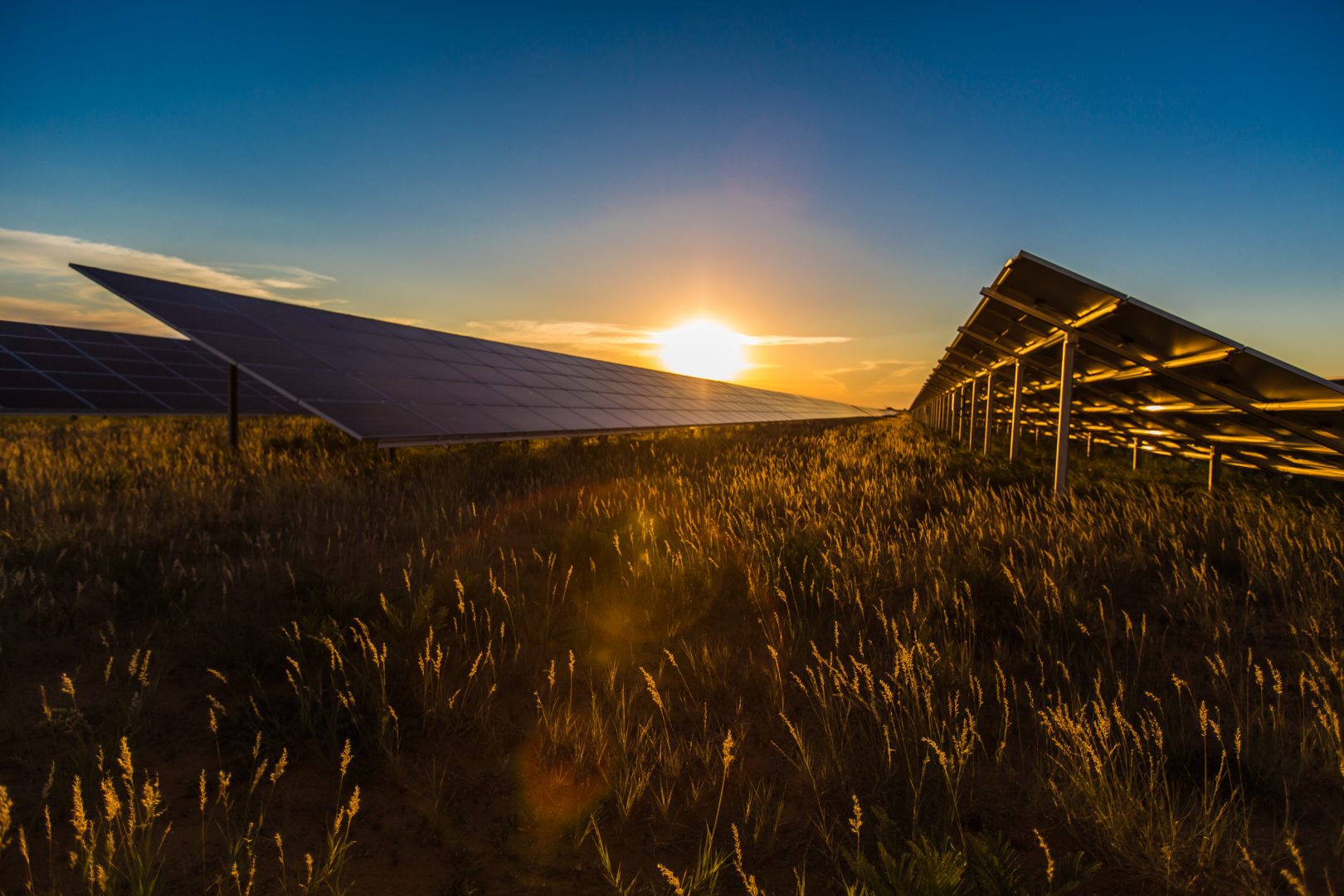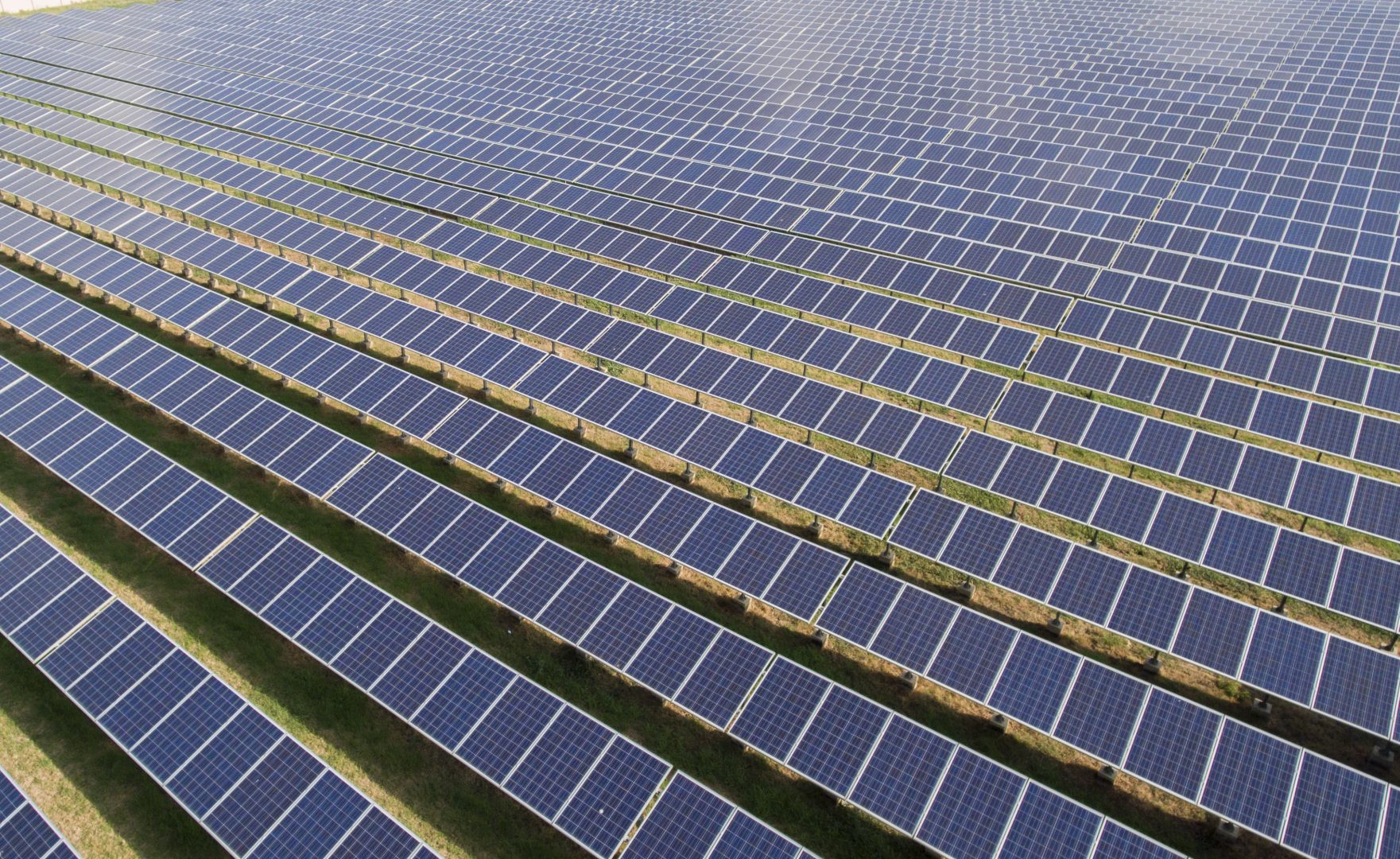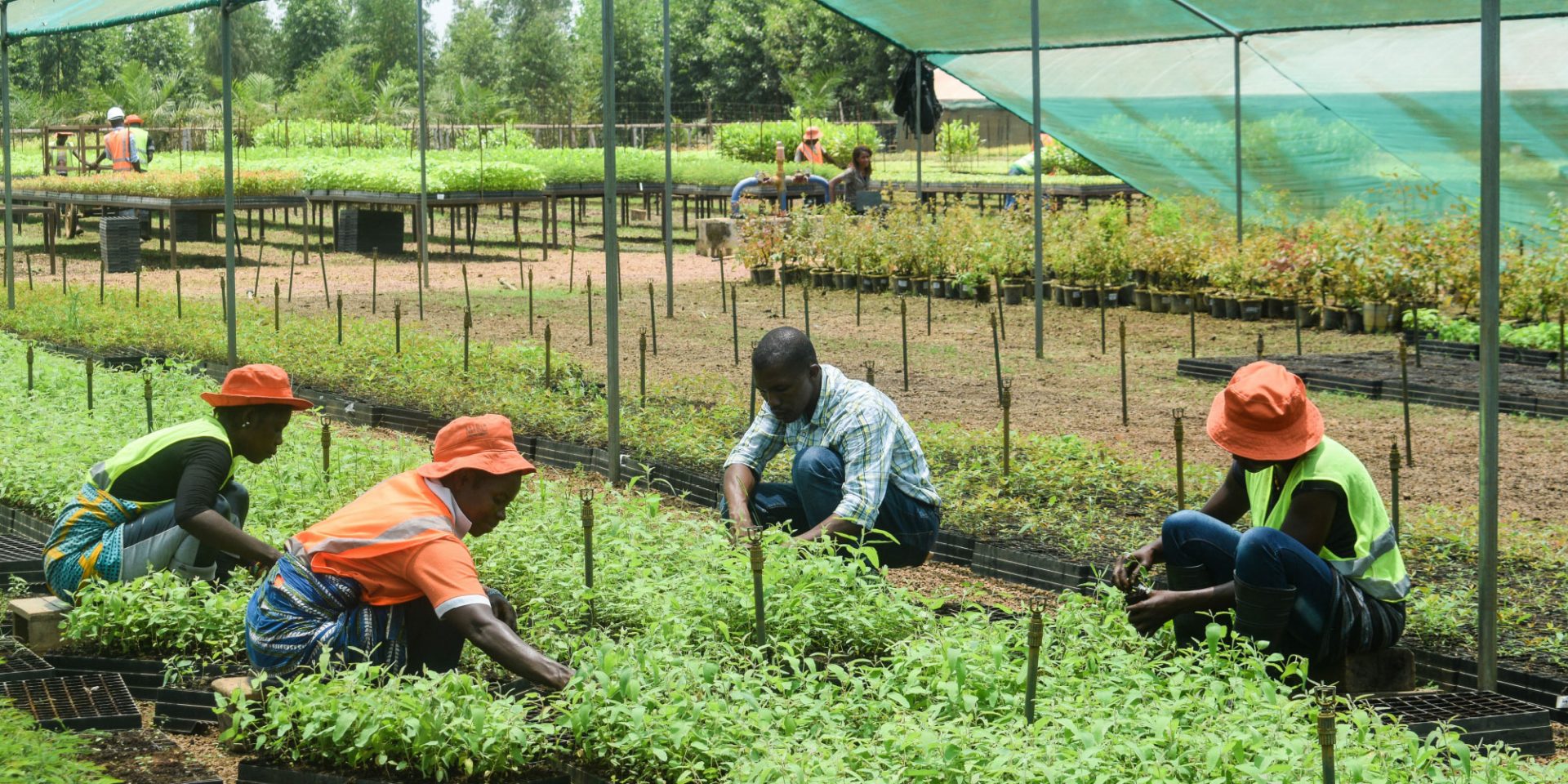Apollo Agriculture
Boosting productivity and profits for farmers in the face of climate change
What is the challenge?
Farmers are on the frontline of the climate emergency and are already having to manage the impact of climate change on their livelihoods.
Unpredictable weather throughout the year, with spells of unseasonable heat and periods of increased rainfall, threaten the sustainability of smallholder agricultural businesses in parts of Africa. These events are set to become more frequent as global warming continues, according to the IPCC’s latest report.
Unstable conditions leave farmers without the confidence to invest in their businesses; if you can’t be sure what a season will bring, it is hard to know how to store and when to plant your crops.
There are more people than just farmers at risk from an uncertain agricultural sector. Loss of reliable food supplies affect local communities and buyers further afield.
Overall, climate change has reduced total agricultural productivity growth in Africa by 34 per cent since 1961, more than any other region.
What is the solution?
Apollo Agriculture empowers small-scale farmers in Kenya and Zambia to increase their profits and farm more sustainably. By using artificial intelligence and automated operations, Apollo aims to unlock the massive, untapped small-scale farming market, enabling farmers to access the optimised financing, high-quality farm products, expert digital advice, and risk management solutions they need to invest and scale their businesses.
“With changed weather patterns, many do not know how to respond to help their businesses,” explains Benjamin Njenga, co-founder and Chief Customer Officer of Apollo Agriculture. “Agriculture is particularly vulnerable to the changing climate. And farmers are confused in an unpredictable environment. They don’t want to take a risk and invest in more land, the environment is very hard.”
His observation is backed up by the IPCC. It notes that limited access to climate information and services means that people working in agriculture are even more vulnerable to climate change risks.
In response, Apollo provides farmers with a complete package of crops, farming inputs such as pesticides, training, market access, and insurance to protect their businesses. Importantly the package is delivered as a loan, allowing customers to buy what they need at the start of the year. They only have to start repaying after harvest.
This is crucial because without specialised financing many would not be able to diversify to more expensive climate resilient crops, or afford additional support, for example pesticides. Five years ago farmers didn’t need pesticides but now they are a crucial part of their toolkit, demonstrating the wide ranging impact climate change can have.
However, these products can cost around $13, adding yet another unwelcome expense for farmers.
Nearly half – 43 per cent – of the farmers Apollo serves, live on less than $3.20 per day and 71 per cent live below $5.50 per day, making many of these costs unaffordable without programmes like Apollo’s.
They may also be priced out of buying insurance, as expensive premiums on the open market leave many without protection for their income if a harvest fails to deliver enough return. Apollo offers climate insurance to its customers at an affordable price. Insurance is crucial as it protects a farmer’s income against loss if a harvest fails due to climate events.
By using a package approach to its products, Apollo not only provides the necessary financing but supports farmers to change their methods and develop sustainable practices.
43%
of farmers served by Apollo live on less than $3.20 per day
What is the impact?
The impact of Apollo’s work is clear. An Apollo customer produces on average 2.6 times more than other Kenyan farmers and reports positive changes in their productivity and financial stability.
Njenga says that farmers using the company’s full package option often see double or triple their production in just one season.
It is not only production that improves, over three quarters – 84 per cent – of customers report a better quality of life.
Apollo farmers have an average household size of six, meaning that a reliable income puts food on the table, pays for school fees and can be invested to grow the business further, including investments for climate adaptive practices. And as half of Apollo’s customers are women the company is committed to further female financial inclusion, to help these owners grow their businesses.
Helped by BII’s investment, Apollo plans to reach more than 2.3 million low-income farmers primarily across Kenya by 2026.
“We enable farmers to afford better quality inputs, insurance and advice,” says Njenga. “Apollo is the resilience.”
We invested in Apollo under our Venture Scale-up Programme. The programme invests in early-stage companies that use technology and innovative business models to achieve transformational impact at scale.
84%
of farmers report a better quality of life since becoming Apollo customers

